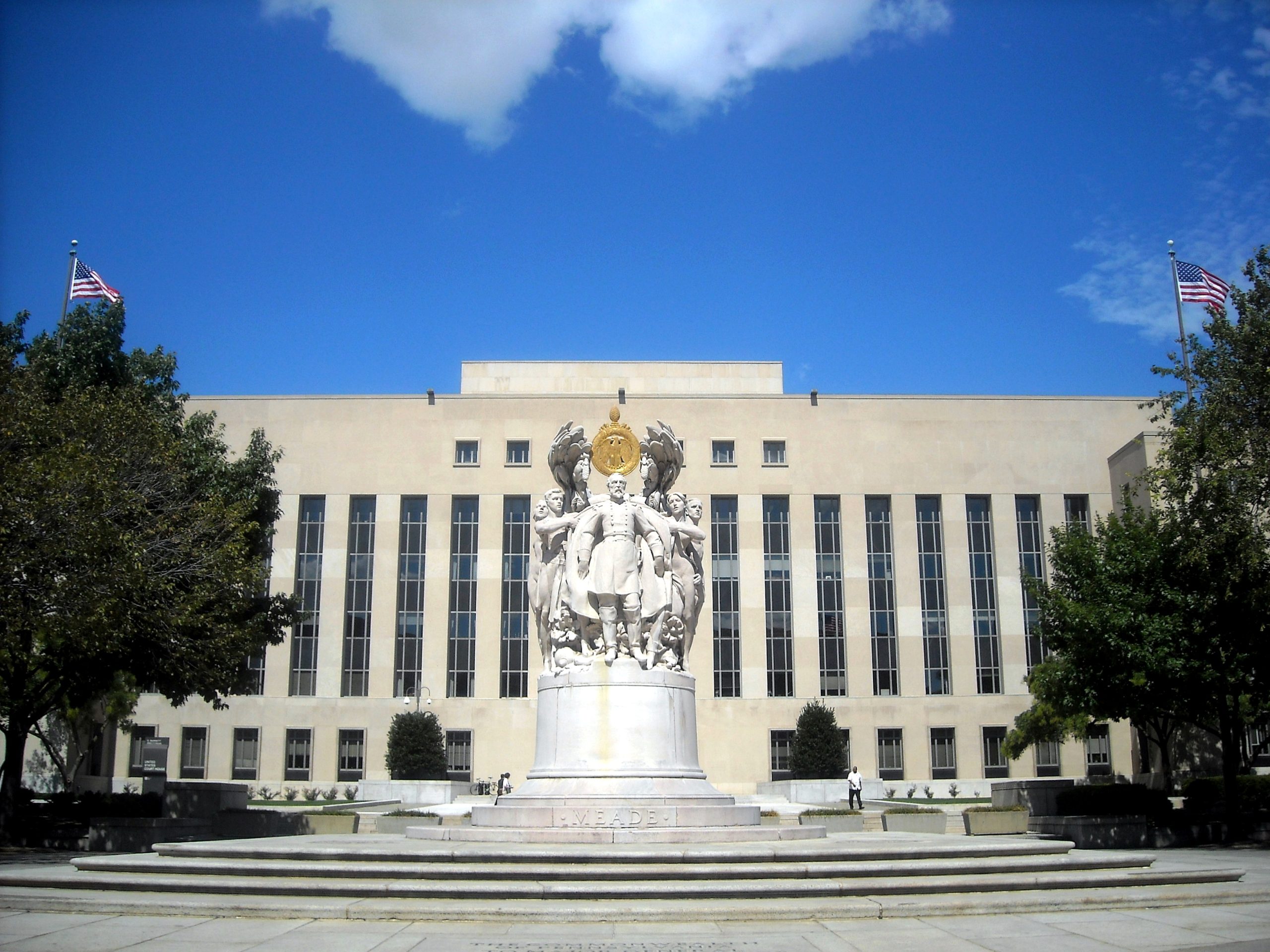
By Charlene Crowell (NNPA Newswire Columnist)
After returning billions of dollars in restitution that helped more than 25 million consumers plagued with financial struggles, the Consumer Financial Protection Bureau (CFPB) was dealt a judicial low blow. Swift and strong reactions to the decision came from civil rights leaders, consumer advocates and lawmakers who vowed to continue fighting for fairness in consumer finance.
In a 2-1 decision on October 11, a panel of three judges of the U.S. Court of Appeals for the D.C. Circuit ruled that the CFPB’s governance by a single director was unconstitutional. The court also rejected a $109 million fine assessed for mortgage-related violations. Petitioning the court was PHH, a non-bank mortgage lender. Formally supporting PHH by filing court briefs were the U.S. Chamber of Commerce, the National Association of Realtors and the American Land Title Association.
“This is a case about executive power and individual liberty,” wrote Judge Brett Kavanaugh in his opinion. “The U.S. Government’s executive power to enforce federal law against private citizens — for example, to bring criminal prosecutions and civil enforcement actions — is essential to societal order and progress, but simultaneously a grave threat to individual liberty.”
What Judge Kavanaugh and his colleague did not seem to recall are the millions of consumers who, through no fault of their own, lost their homes and their jobs during the foreclosure crisis that drained more than $13 trillion from the country’s economy. And while positive economic signs have emerged across the country, the very communities targeted by predatory financial practices — Blacks and Latinos — continue to feel as if the economic recovery has left them behind.
Nearly two years ago, CFPB fined PHH a total of $109 million for mortgage insurance kickbacks that began as early as 1995. Despite the hefty fine, what PHH and other financial interests really sought was a shuttering of the Bureau. Multiple legislative efforts have fortunately been stymied. More recently, those who opposed CFPB’s creation alternatively sought judicial relief.
The district court did not go as far as the industry had hoped. PHH will not pay the CFPB ordered fine. However the split decision, did hold that the CFPB Director could be fired at will by a sitting president. The decision, which may be appealed, runs contrary to the original intent in the Dodd-Frank Wall Street Reform Act: removing partisan shenanigans from financial regulation and creating an independent federal office to have financial fairness as its sole focus.
Dodd-Frank created CFPB as an independent agency led by a single director serving a 5-year term. The Bureau’s funding was also removed from the annual congressional appropriations process. While the President nominated CFPB’s Director, Senate confirmation was required for the full term and before much of the regulatory efforts could begin.
After President Obama’s nomination of Richard Cordray languished for more than a year without a confirmation vote, his Bureau service began with a congressional recess appointment, before he was eventually confirmed by the upper chamber.
Many civil rights leaders and consumer advocates, who championed financial reform in the aftermath of the Great Recession swiftly reacted to the court decision.
“Conservative members of Congress have consistently tried to weaken CFPB’s authority for meritless and political reasons”, said Mike Calhoun, president of the Center for Responsible Lending. “If the 2008 financial crisis showed us anything, it’s that consumers need an independent regulator to look after the interests of consumers…Any efforts to change CFPB’s structure would reduce its effectiveness and harm hard-working people across the country.”
“For years, the Consumer Financial Protection Bureau has cracked down on payday loan sharks, for-profit college scams, robo-filing debt collectors, shady overdraft charges, predatory home loans, and just several weeks ago, bank account fraud on a staggering scale,” said Wade Henderson, president and CEO, The Leadership Conference on Civil and Human Rights.
“It’s not clear to us why this court chose this moment to side with those interests and against American consumers, coming so soon after the Wells Fargo scandal and so soon before the election,” continued Henderson. “But today’s ruling, as poorly-timed and wrong as it is, will help Americans understand just what is at stake.”
On Capitol Hill, two leading financial reform lawmakers also offered strong reactions.
“This split decision — which bizarrely relies on a mischaracterization of my original proposal for a new consumer agency — will likely be appealed and overturned,” said Senator Elizabeth Warren, who is largely credited with the idea of a consumer cop-on-the-beat. “The CFPB has been, and will remain, highly accountable to both Congress and the President.”
If an appeal is pursued, two options are available to CFPB: one to the full D.C. Circuit Court or a petition request to the U.S. Supreme Court. In either case, the decision does not overturn past CFPB actions, nor does it reduce the CFPB’s authority moving forward.
Congresswoman Maxine Waters of California, the Ranking Member of the House Financial Services Committee expressed similar views to those of Senator Warren.
“The CFPB is a critical part of the Dodd-Frank Act and has returned nearly $12 billion to more than 27 million consumers by going after fraud at large banks like Wells Fargo,” said Congresswoman Waters. “[I]t’s no surprise that a small panel of the country’s most conservative judges has made such an anti-consumer ruling…We will continue to watch closely as this case proceeds, but Americans know that the CFPB continues to do its important work on behalf of all consumers, regardless of special-interest efforts to dismantle it.”
Charlene Crowell is the communications deputy director with the Center for Responsible Lending. She can be reached at [email protected].


